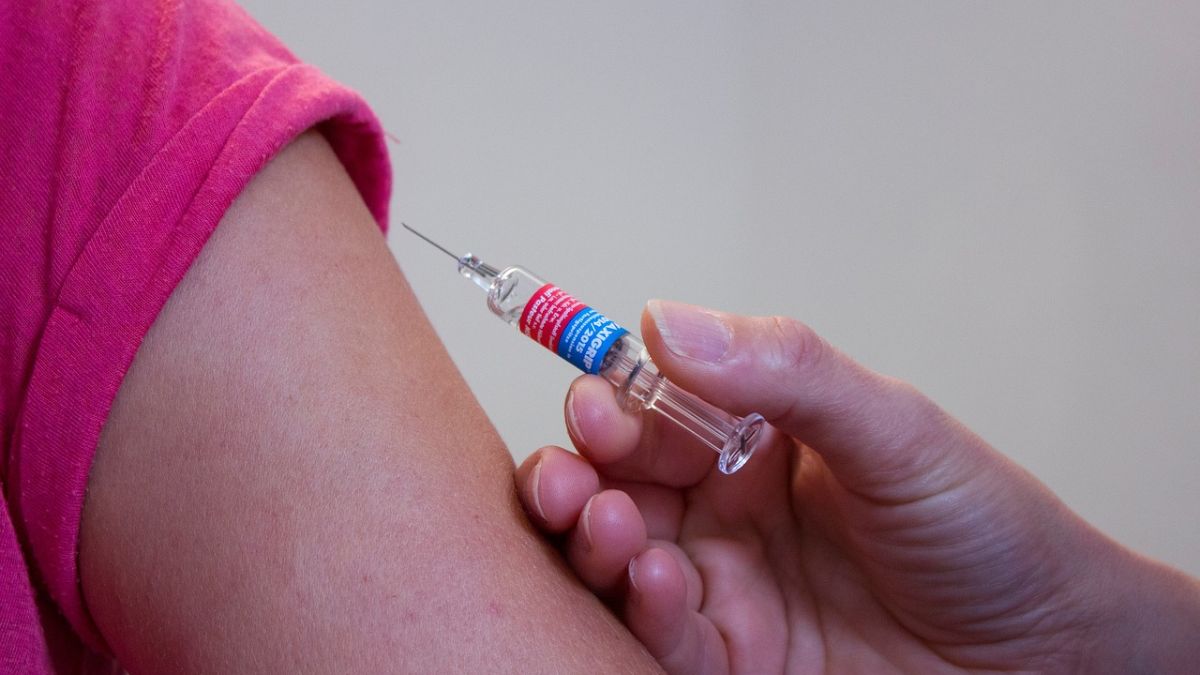Russia is all set to roll out a vaccine against cancer in the New Year. It will be available to patients for free from early 2025.
According to TASS, Russia’s state-owned news agency, Andrey Kaprin, the General Director of the Radiology Medical Research Center of the Russian Ministry of Health, recently said that the country is ready with its own mRNA vaccine for cancer.
Here’s what we know about it and why the cancer vaccine is a big deal.
Russia develops cancer vaccine
The Russian Ministry of Health has said it has developed a cancer vaccine which will be used to treat patients.
Instead of administering it to the general public to prevent cancer, the vaccine will reportedly be personalised to each patient.
Earlier, Alexander Gintsburg, director of the Gamaleya National Research Center for Epidemiology and Microbiology in Moscow, had told TASS news agency that the cancer vaccine could suppress tumour growth, preventing the spread of the disease.
Currently, it is not known which cancer will the vaccine treat, how it works or what is its name.
In February this year, President Vladimir Putin had said that Russian scientists were close to developing vaccines for cancer. He said in televised remarks that “we have come very close to the creation of so-called cancer vaccines and immunomodulatory drugs of a new generation”.
“I hope that soon they will be effectively used as methods of individual therapy,” Putin added.
How mRNA vaccines work
The cancer vaccine is given to patients with existing tumours.
A genetic material called RNA is extracted from the patient’s tumour.
Once the patient gets the jab, the messenger RNA (mRNA) directs the cells to take up the vaccine to “produce proteins that may stimulate an immune response against these same proteins when they are present in intact viruses or tumour cells,” according to the National Cancer Institute (NCI).
Why Russia’s cancer vaccine matters
Cancer is a leading cause of death globally. According to the World Health Organization (WHO), the world saw an estimated 20 million (2 crore) new cancer cases and 9.7 million (97 lakh) deaths in 2022.
Lung cancer was the most common cancer worldwide in 2022. Other common cancers are breast, colon and rectum and prostate.
The cancer burden is increasing in Russia, like the rest of the world. The country reported 635,000 cases in 2022, with colon, breast, and lung cancers emerging as the most common.
The head of the Federal Medical and Biological Agency (FMBA), Veronika Skvortsova, told TASS last month that Russia is carrying out parallel studies on several cancers, including melanoma, a dangerous type of skin cancer, and glioblastoma, a malignant brain tumour.
ALSO READ:
Breast cancer awareness month: Why women should opt for regular screenings after 40
Where do other countries stand?
Like Russia, the West is also working on personalised cancer vaccines.
In August, doctors kickstarted clinical trials in seven countries, including the United States and the United Kingdom, with mRNA lung cancer vaccine in patients. Lung cancer is the leading cause of cancer death globally.
Developed by Germany-based BioNTech, the vaccine, BNT116, will treat non-small cell lung cancer (NSCLC), the most common form of the disease.
Last year, the UK signed a deal with BioNTech to launch clinical trials providing “personalised cancer treatments”.
In May, researchers from the University of Florida tested personalised vaccine in four patients with glioblastoma. They found that the jab triggered a strong immune response two days after it was administered.
Pharmaceutical companies Moderna and Merck & Co are working on a vaccine for skin cancer.
Preventive cancer vaccines already exist, such as those against human papillomaviruses (HPV), which help protect against cervical cancer.
India’s first indigenous vaccine against cervical cancer, Cervavac, jointly developed by the Pune-based Serum Insititute of India (SII) and the Centre, has been there in the market since last year.
Hepatitis B virus (HBV) vaccine that helps prevent HBV-related liver cancer is also available.
Researchers from the UK’s University of Oxford got funds this year for creating the world’s first vaccine to prevent ovarian cancer.
With inputs from agencies

)
